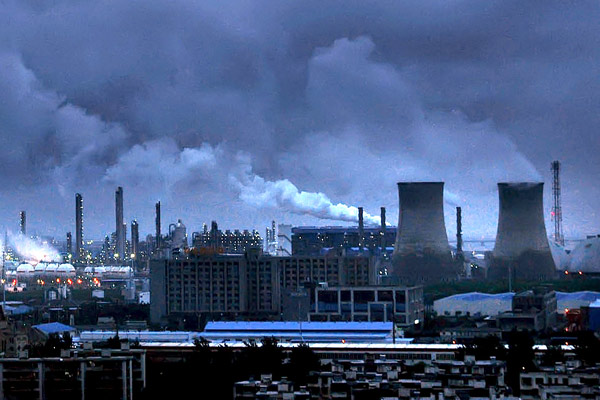
Oscarline Onwuemenyi
15 September 2016, Sweetcrude, Abuja – The Federal Government has lamented that the country’s over-dependence on oil over the years contributed immensely to its present economic recession.
The Minister of Information and Culture, Alhaji Lai Mohammed, who stated this, blamed a lack of vision in past administrations
According to him, while past leaders of the country “visionlessly put all her eggs in one basket (oil) it never thought of creating a sensible reserves that would cushion the misfortune of fall in oil prices at a time like this.”
He noted, however, that the prevailing economic situation was not about trading blames because “those who understand knew that this recession was bound to happen in such circumstance” because while the boom and the fantasies of petro-dollar lasted, no plan was made for the event of a reversed situation.”
He further asserted that the crash in global price of oil exposed the country’s defective economic policies, with oil accounting for over 60 per cent of the nation’s Gross Domestic Product, GDP.
Mohammed noted that, “We have a very defective economic structure, which depended largely on a single platform of crude oil and fuel.
“Crude oil accounts for between eight and 12 per cent of our GDP and another 53 per cent of the GDP which we call non-oil, unfortunately also depend on the same oil. When the price of oil now crashes in the international market, definitely you are bound to have this kind of shock in the economy.”
He decried the citizens’ preference for imported to local products, saying substantial amount of the country’s foreign exchange earnings was being expended on importation of goods and services.
Mohammed also blamed past administrations’ inability to achieve massive investment on infrastructure to assist manufacturing sector as well as not boosting agriculture production which is equally part of the current problems.
He acknowledged that there was growth in the nation’s economy between 2010and 2014 but still asserted that the growth was only fueled by consumption.
“The growth was not fueled by production or fueled by investment, and that explains why it was short lived,” adding the present administration’s efforts to correct the past anomalies could not be felt immediately because according to him, the rots in the system were too enormous for short term remedies.



